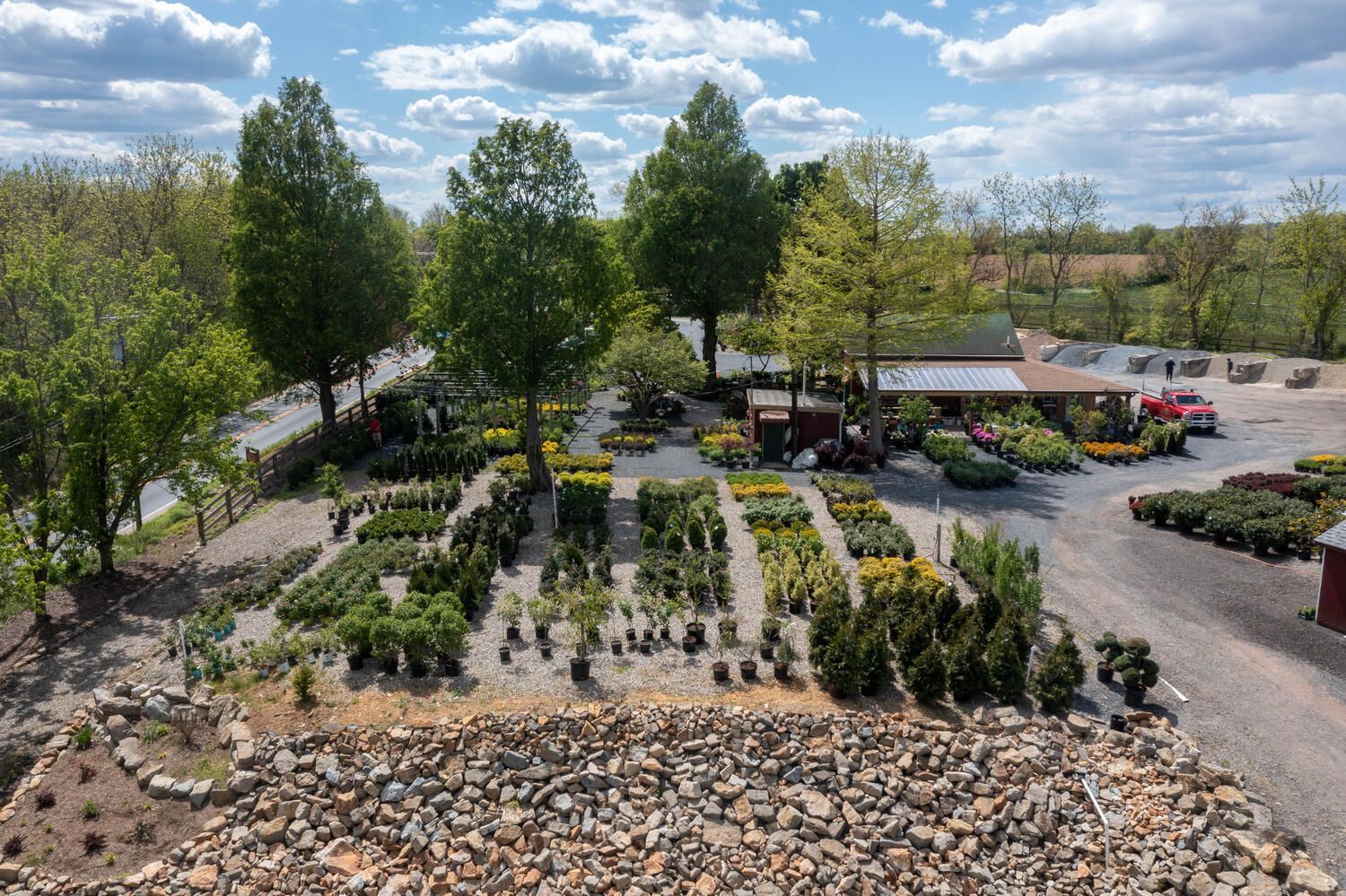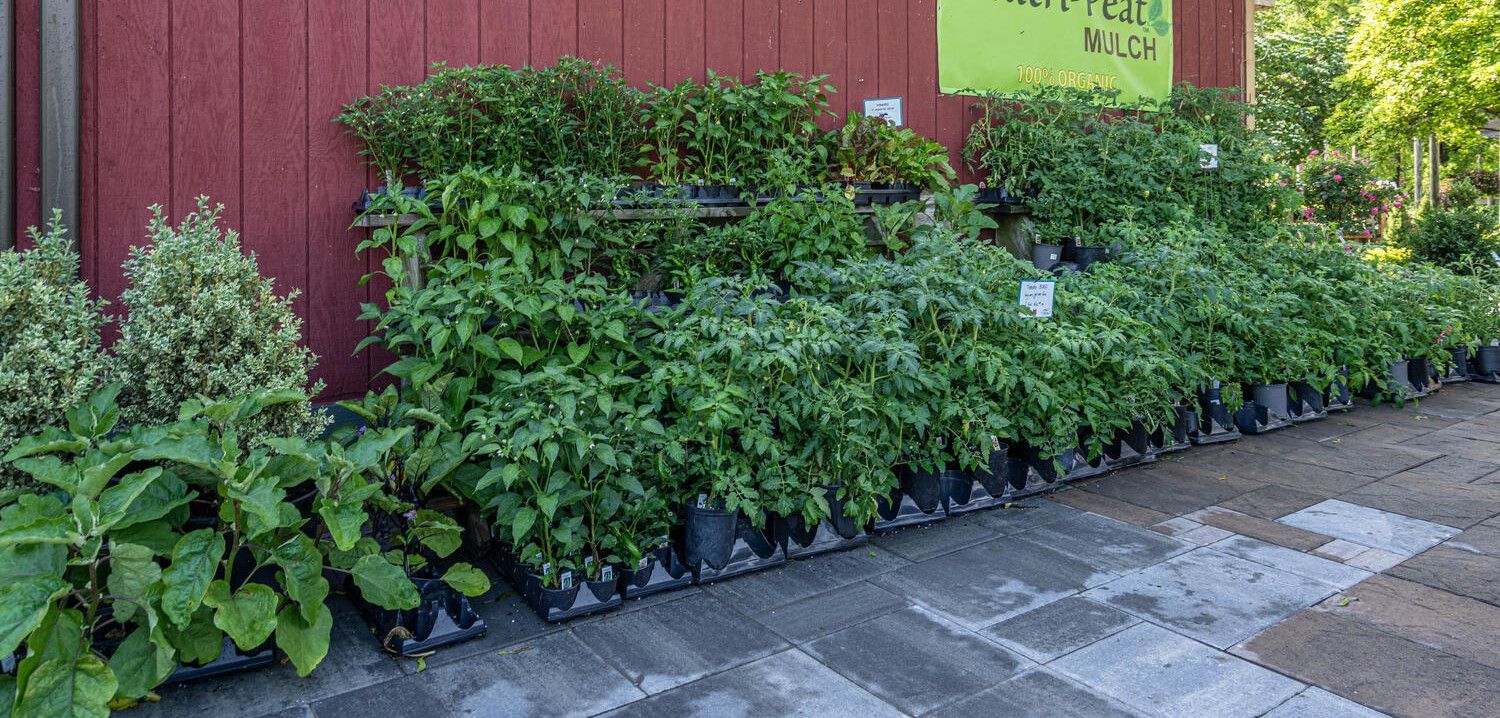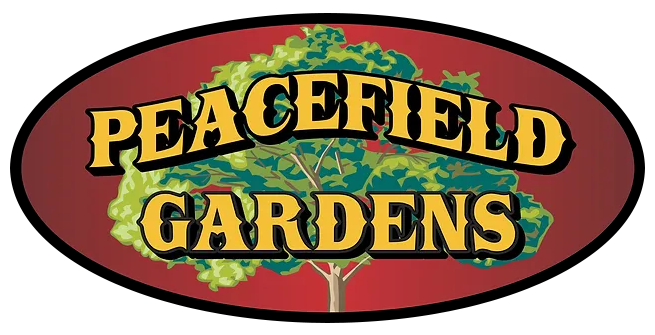Plants
ANNUALS
Annual plants live for only one growing season, then die off, while perennials regrow every spring. Perennials are generally more resilient to temperature fluctuations and moisture levels, so it's common for gardeners to use a combination of both plants in their yard. Annual plants grow quick and bloom all growing season, giving you a way to have a new garden every year!
Examples of annual plants are Impatiens, SunPatiens, Pansies, Geraniums, Petunia, Begonia, Tropicals & more.

PERENNIALS
Perennials are those plants that have a lifespan of more than two years. They can come back every year and can be great pollinators attracting beneficial insects and help build soil. Perennials also require little watering once they are established. Perennials have a specific bloom time through out the year and serve as foliage for the rest!
Examples of perennial plants are Bee Balm, Milkweed, Sage, Daylily, Lavender, Coneflower, Salvia, and more.

TREES & SHRUBS
Most people probably understand the difference between a tree and a shrub, but it might prove more difficult to explain. Trees and shrubs are both woody plants, and we all think of a shrub as being smaller than a tree, but there are more differences than size alone. A shrub is defined as a woody plant that is smaller than a tree and generally has a rounded shape. The main difference between the two is that a shrub has several main stems growing from ground level, rather than one trunk.
Examples of trees are Oak, Pine, Maple, Spruce, Arborvitae, Cherry, Magnolia, Birch, and more.
Examples of shrubs are Roses, Barberry, Euonymus, Forsythia, Lilacs, Holly, Rhododendron, Azalea, Hydrangea, Gold Mops and many more.

VEGETABLES & HERBS
Vegetables are broken out into a few categories. Leafy greens like lettuce, spinach, and kale. Root vegetables like potatoes, carrots, and garlic. Then there are vegetables that are fruits, like tomatoes and pumpkins.
Herbs are a subset of vegetables, and they are generally composed of strong and flavorful leaves of certain plants, such as dill, oregano, thyme, parsley, sage, cilantro and basil. Herbs are typically used to season dishes made from vegetables, grains, and meats, as they have a pungent flavor, making them great for seasoning.


